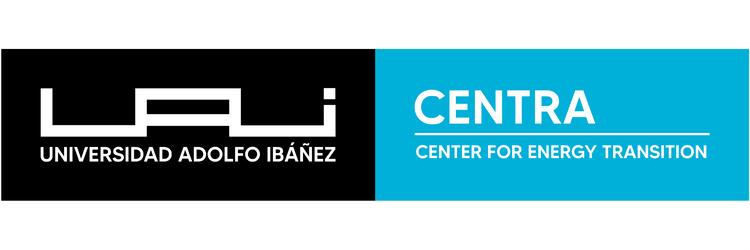Opinion Column – Daniel Olivares, director of the Energy Transition Center (CENTRA)
September 25th, 2024
A GREATER DISTORTION
MR. DIRECTOR:
In relation to the controversy in the electricity sector regarding the bill that extends the electricity subsidy, I would like to point out the following:
In Chile, Small Distributed Generation Companies (PMGD) can benefit from a special remuneration regime that seeks to stabilize their income in the energy market, considering that, due to their size, they do not compete on equal terms in the supply contract market, especially with distributors. However, this mechanism has been under scrutiny in recent years. Various analyses suggest that the methodology for calculating the stabilized price not only stabilizes, but also unduly increases the income of the PMGD. In my opinion, there was already sufficient consensus at the beginning of the year to review this mechanism and correct this distortion.
At the same time, the government this year began the search for funds to extend the electricity subsidy, and achieve coverage of 40% of the Social Registry of Households (4.7 million households). Given the lack of fiscal space, the strategy that the government opted for in the bill is to redirect part of the funds from the PMGD price stabilization mechanism to finance the subsidy. It seems reasonable, or not? The problem is that this measure may partially solve the problem of where to get the funds, but instead of correcting the market distortion and restoring confidence in the electricity sector, it introduces a greater distortion. This, by allowing the State to determine when the income of a market player is excessive, estimate how much would be reasonable, and redirect the difference to the financing of social programs, materializing a new regulatory risk. It is a short-term solution, but it is a case in which the remedy can be worse than the disease.
Daniel Olivares
Director of the Energy Transition Center (CENTRA) of the Faculty of Engineering and Sciences UAI

